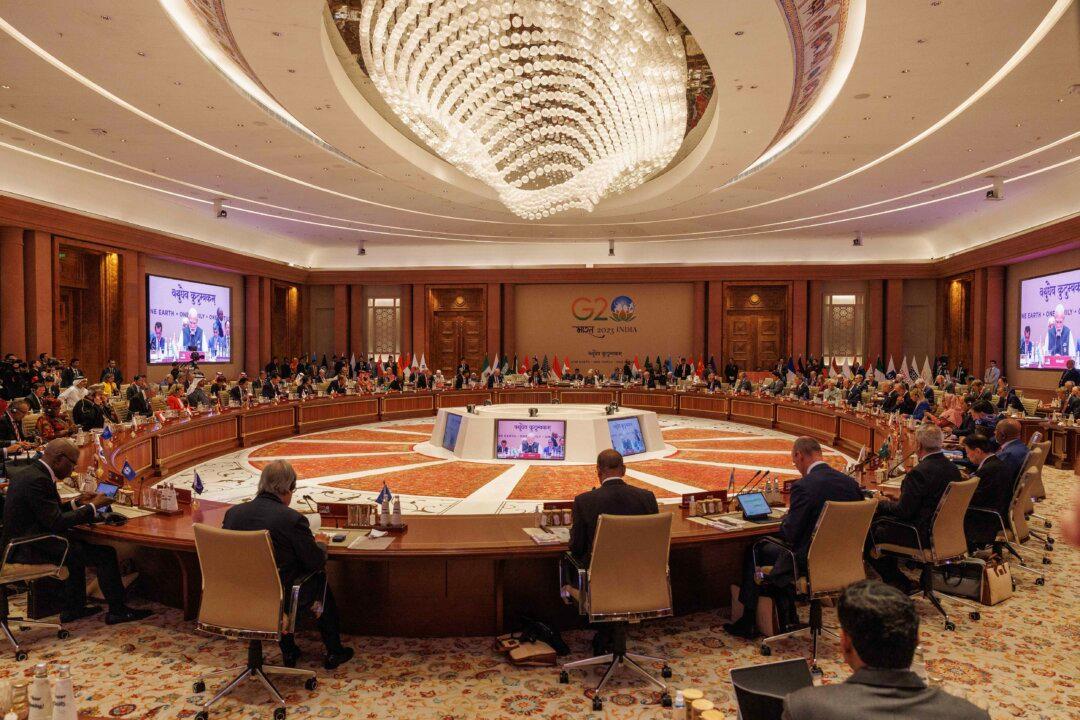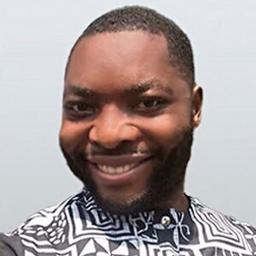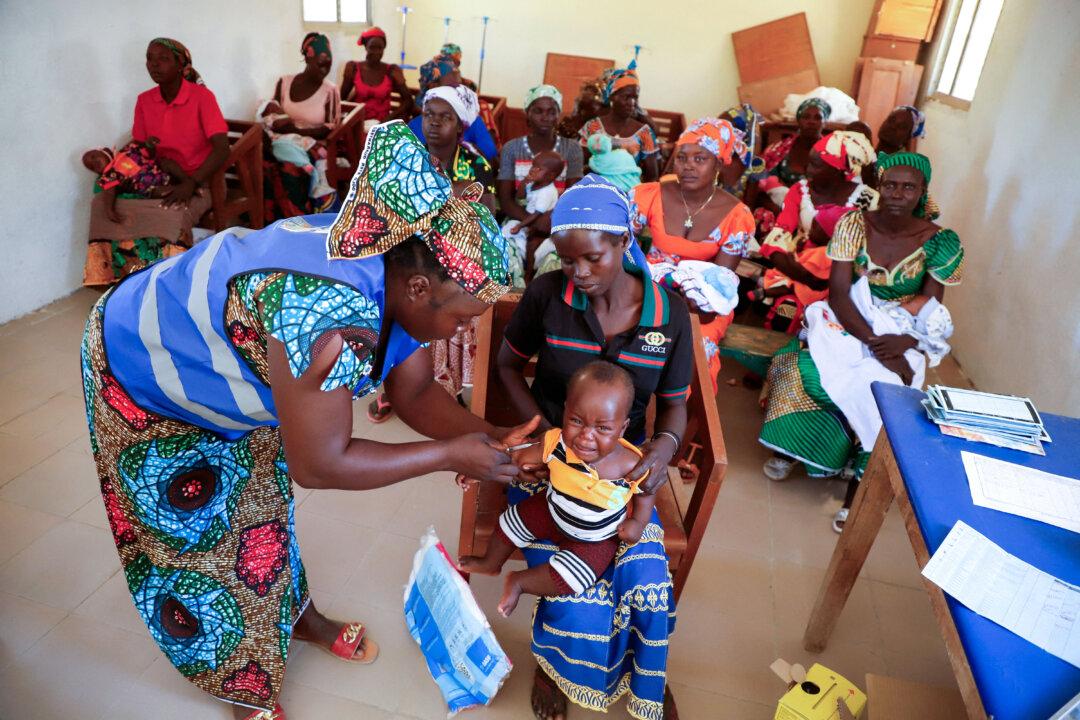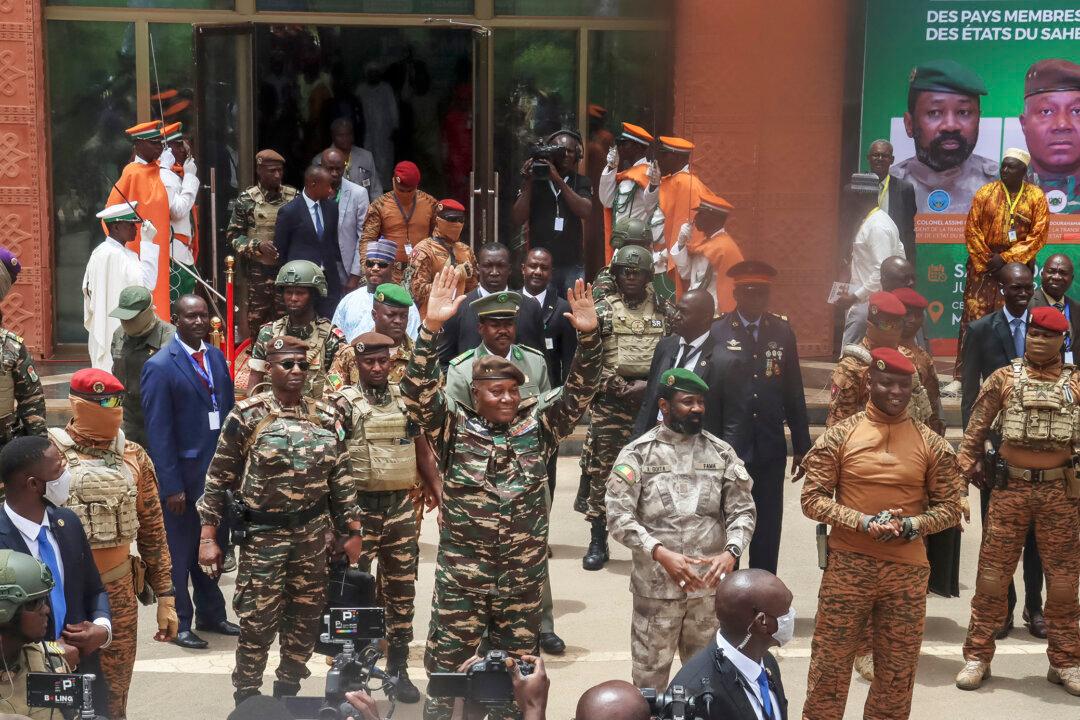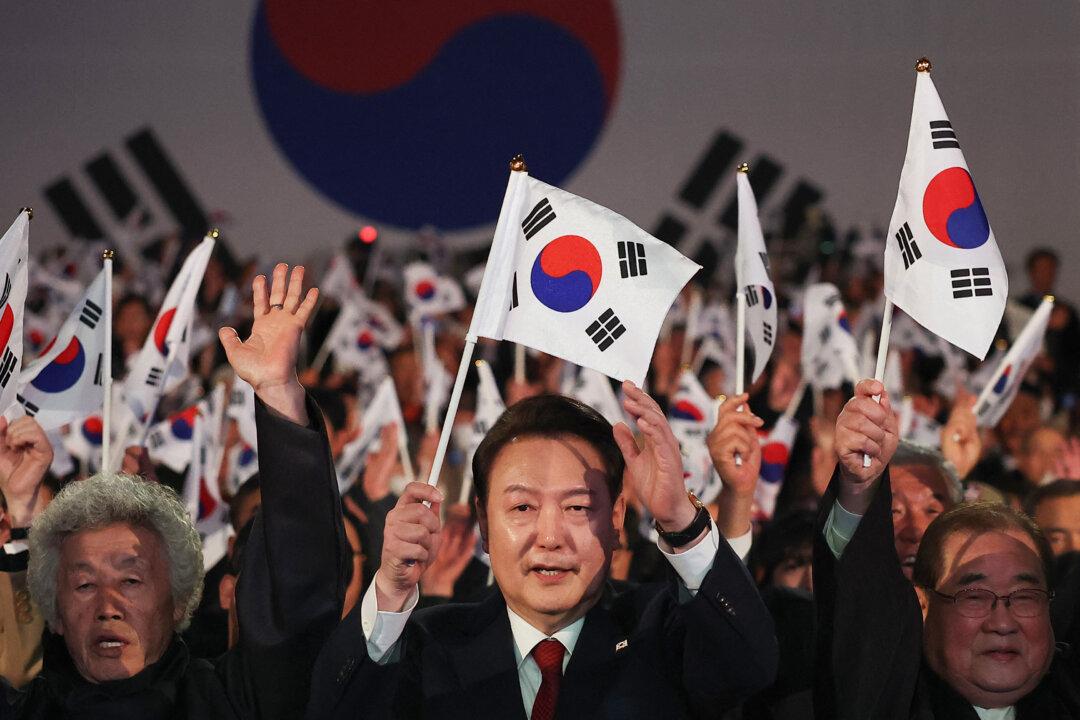The African Union’s (AU) admission to the G20—a group of 19 of the world’s leading economies and the European Union—after nearly a decade of lobbying for full membership signals the rise of a continent whose young population of roughly 1.3 billion is set to double by 2050 and make up a quarter of the planet’s people, observers say.
The union’s Sept. 9 admission at the end of the Group of 20’s annual forum comes amid concerns about the relevance of the multinational bloc for global economic and financial cooperation in a fracturing geopolitical landscape and the rise of new multilateral institutions that claim to be more representative of previously marginalized nations.
